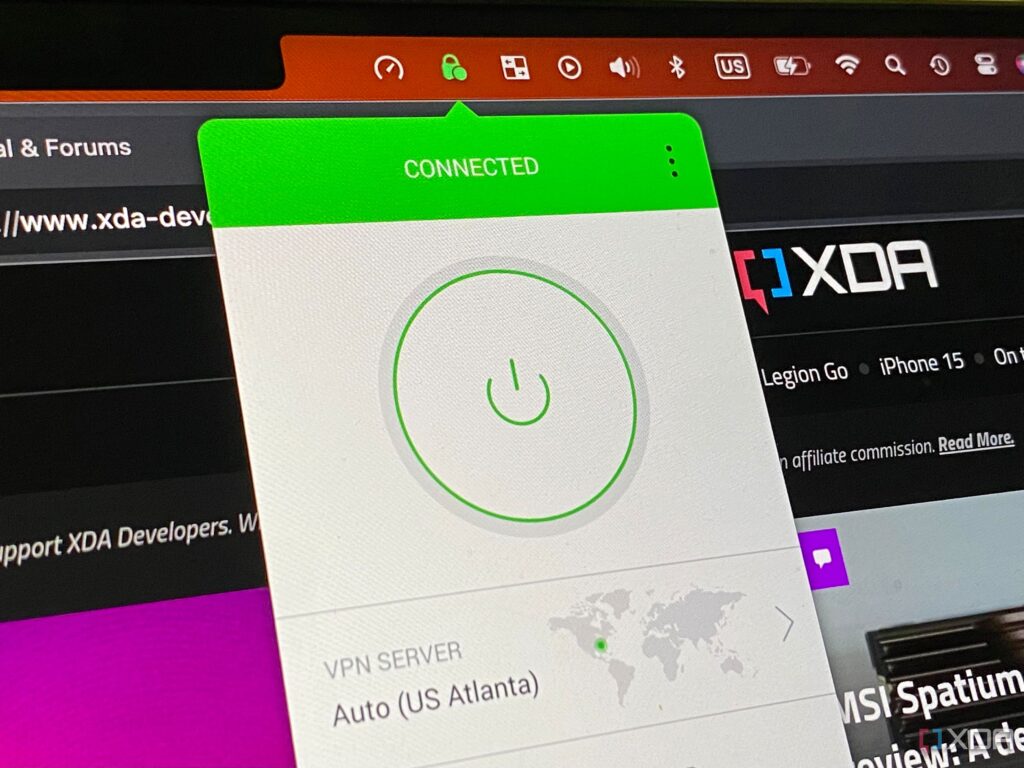
UPDATE: New reports confirm how your Internet Service Provider (ISP) and other online entities can detect if you’re using a VPN. This revelation comes as VPN usage has surged globally, driven by the need for privacy and access to restricted content.
URGENT DEVELOPMENTS: As of today, many internet users are unaware of the sophisticated methods employed by companies and governments to identify VPN connections. Despite VPNs providing anonymity by encrypting your data, they are not invisible. Authorities are increasingly monitoring VPN usage, raising concerns about online privacy and security.
Virtual Private Networks create an encrypted tunnel between your device and a remote server, effectively masking your IP address. However, every internet connection still exposes an IP address, allowing companies to analyze it for signs of VPN usage. Reports indicate that Netflix and financial institutions, such as Bank of America, utilize IP reputation checks to block or restrict access from known VPN addresses.
DETAILED ANALYSIS: According to officials, the first line of defense is IP blacklists. Services like Netflix employ databases that list IP ranges associated with VPN providers or cloud services. If your IP is flagged, access may be denied or limited. For example, Netflix has banned IPs related to cloud data centers, preventing users from streaming via typical consumer VPNs.
Moreover, banking websites monitor login attempts from suspicious locations. For instance, if a user typically logs in from New York but suddenly appears from an IP in Europe, banks may suspect fraud, leading to account access being blocked. This has significant implications for legitimate users who rely on VPNs while traveling.
Advertising companies also keep a close watch on IP addresses. They use this information to ensure targeted ads reach the appropriate audience, further complicating the landscape for VPN users. High-risk IP addresses may trigger CAPTCHAs or limit functionality, preventing access to services.
WHAT TO WATCH FOR: As VPN technologies evolve, detection methods are becoming more sophisticated. Authorities employ deep packet inspection (DPI) to analyze encrypted traffic patterns. Although ISPs cannot see the content of your VPN traffic, they can detect unusual patterns, such as a consistent flow of data to a single external server. Countries with strict internet regulations are likely to have the resources to implement DPI technology.
In addition, DNS leaks can expose your real IP address if your VPN is not configured properly. Companies like Netflix can identify such leaks by comparing the location of your DNS requests with your apparent IP location. Users may unknowingly reveal their true location if their DNS requests are not routed through the VPN.
IMPORTANT CONTEXT: The rise in VPN usage is largely due to increased online censorship and surveillance. Countries like the UK have stringent internet monitoring practices, making VPNs a popular solution for privacy-conscious users. However, as VPNs continue to gain traction, companies are ramping up efforts to detect and mitigate their use.
As a result, VPN users need to be aware that while their activities may be private, the fact that they are using a VPN is increasingly detectable. The ongoing cat-and-mouse game between VPN providers and detection systems is likely to intensify, highlighting the need for users to stay informed about their online privacy.
FINAL THOUGHT: As the digital landscape evolves, so too do the methods for preserving privacy. Users must consider that VPNs, while offering a layer of protection, do not guarantee complete anonymity. Awareness of detection techniques can empower users to better navigate their online experiences and advocate for stronger privacy protections.
Stay tuned for more updates as this situation develops.





